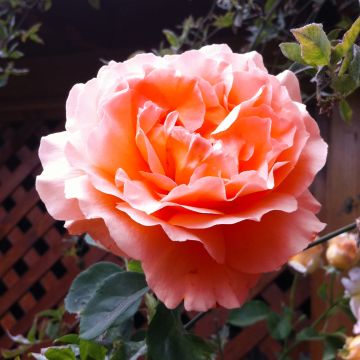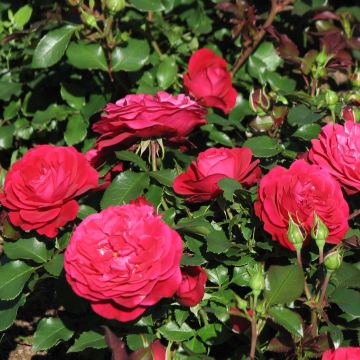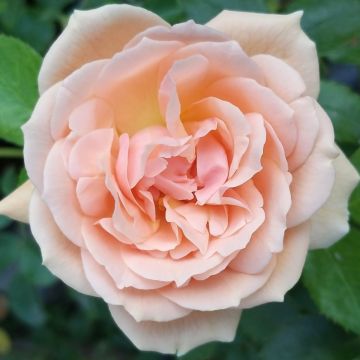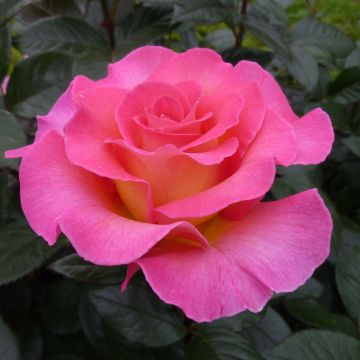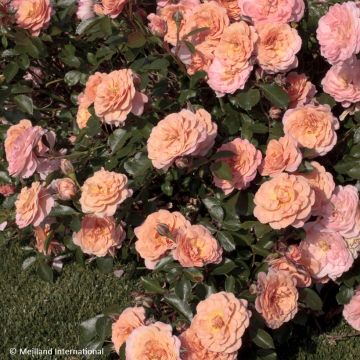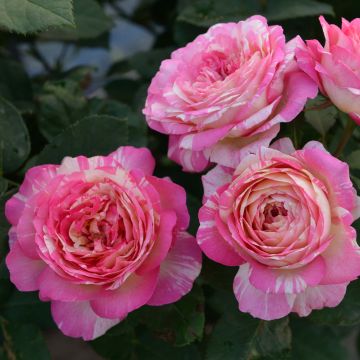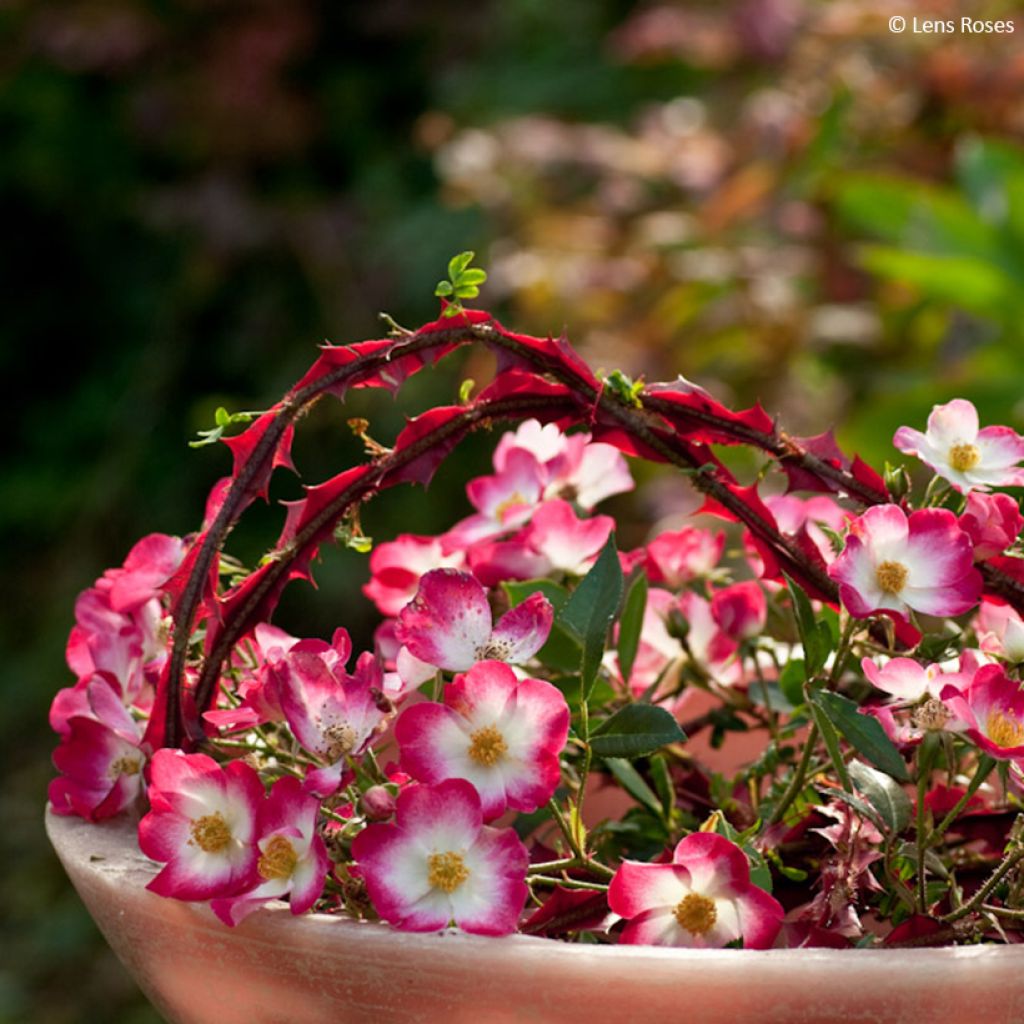

Rosa x floribunda 'Bukavu' - Shrub Rose
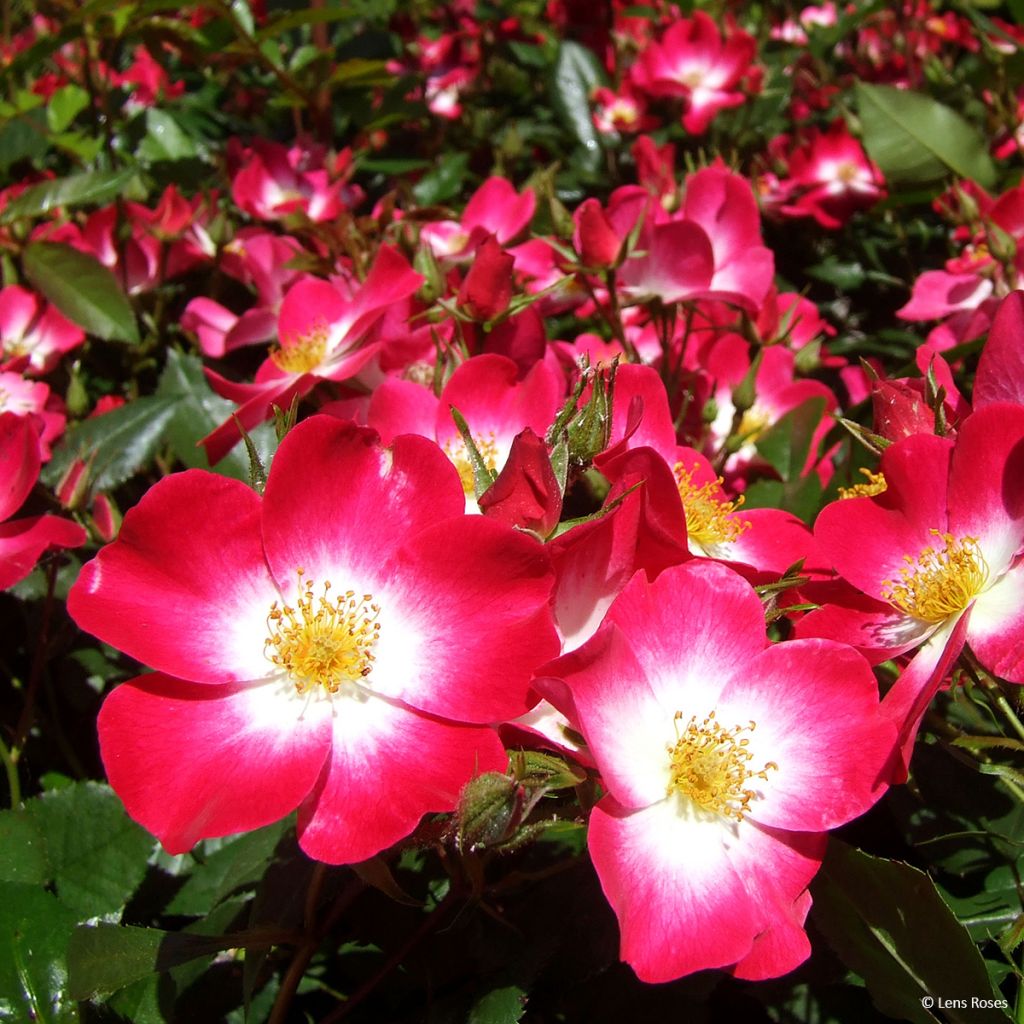

Rosa x floribunda 'Bukavu' - Shrub Rose
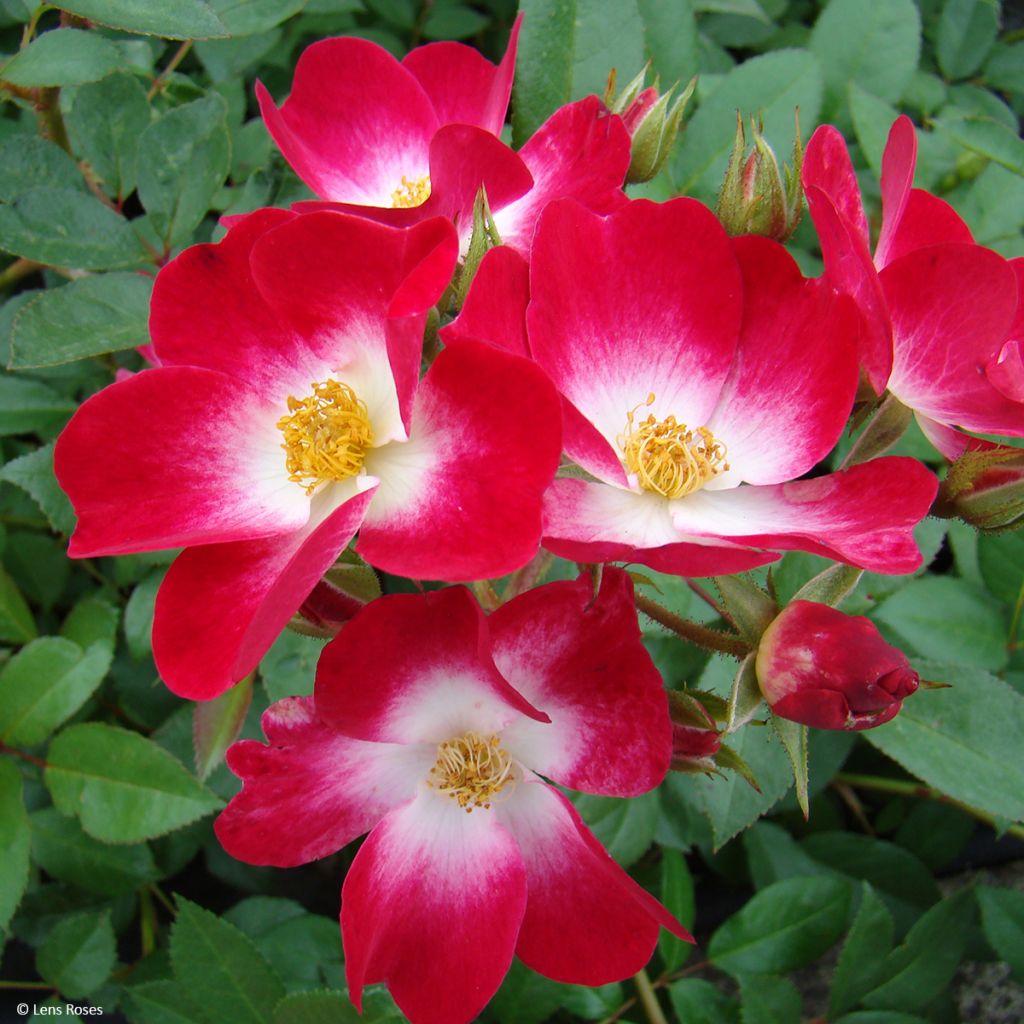

Rosa x floribunda 'Bukavu' - Shrub Rose
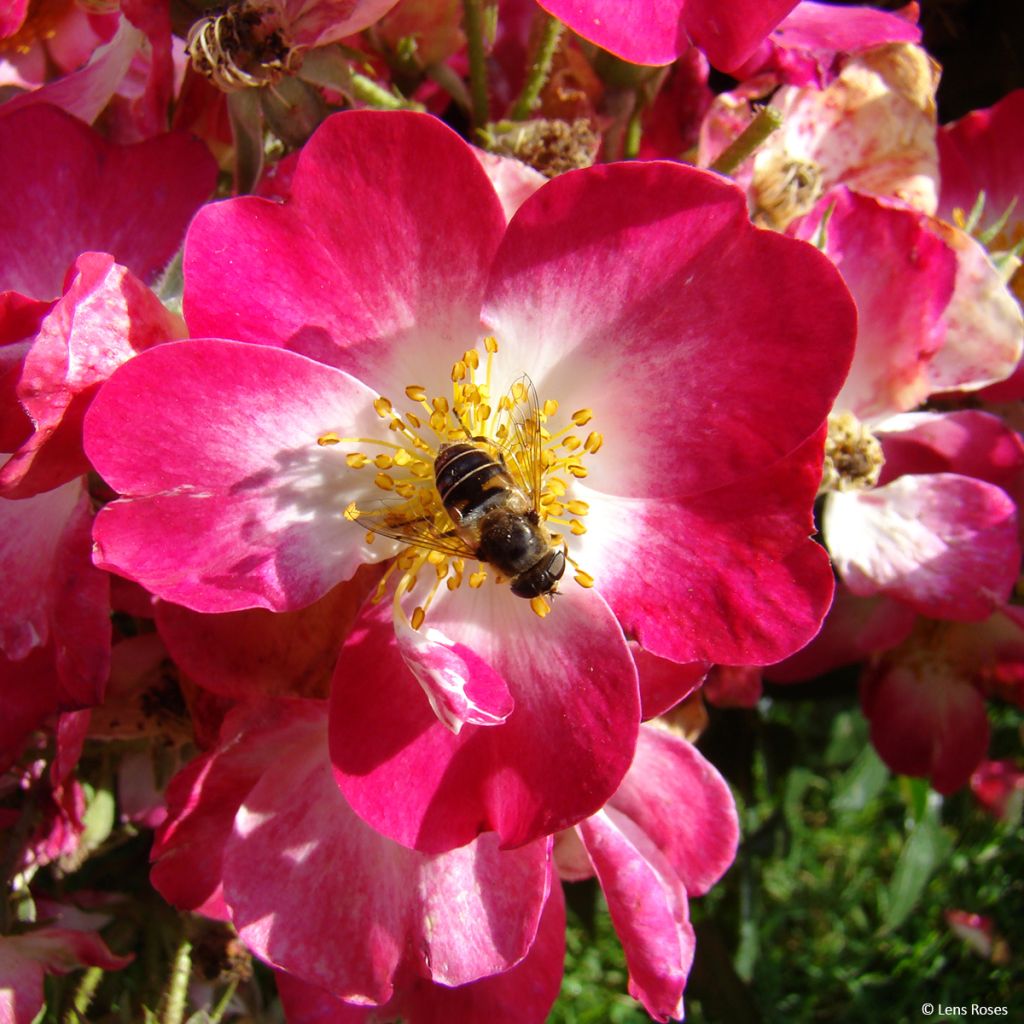

Rosa x floribunda 'Bukavu' - Shrub Rose
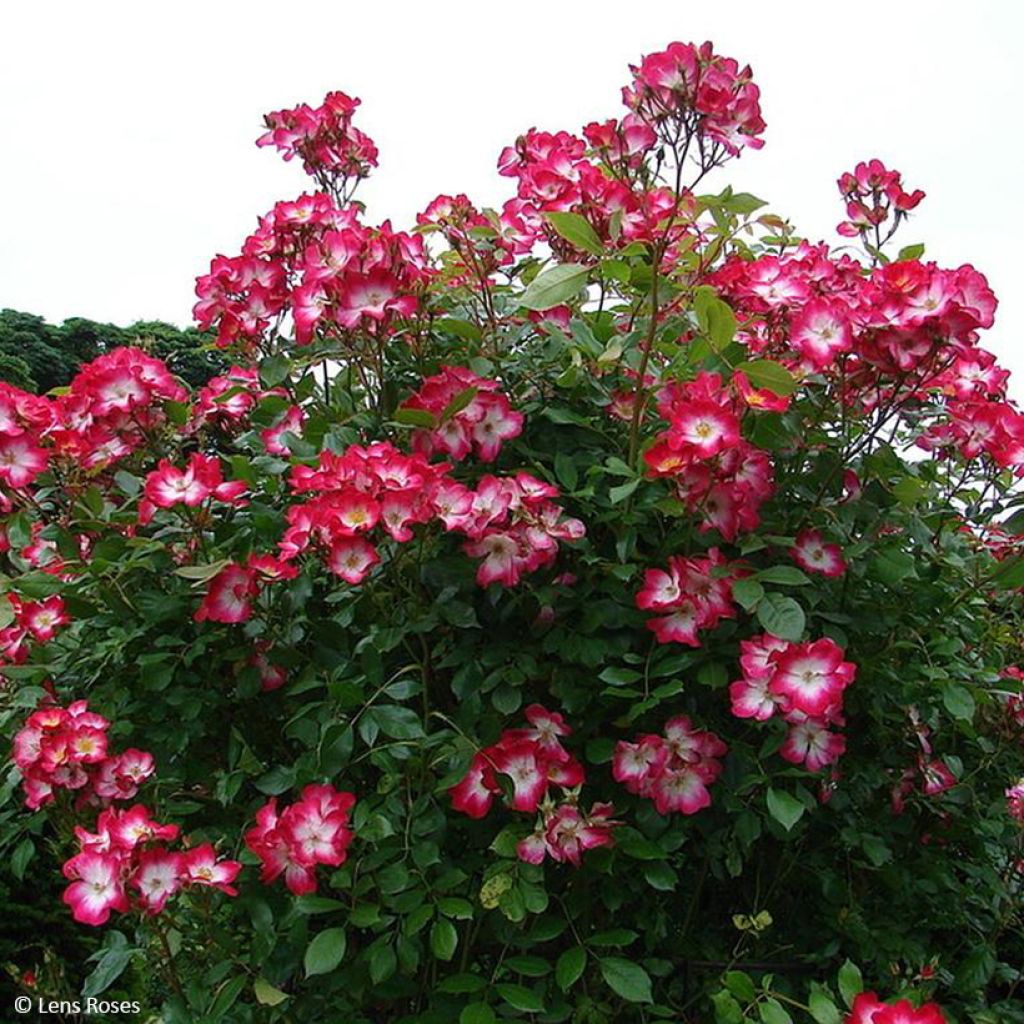

Rosa x floribunda 'Bukavu' - Shrub Rose
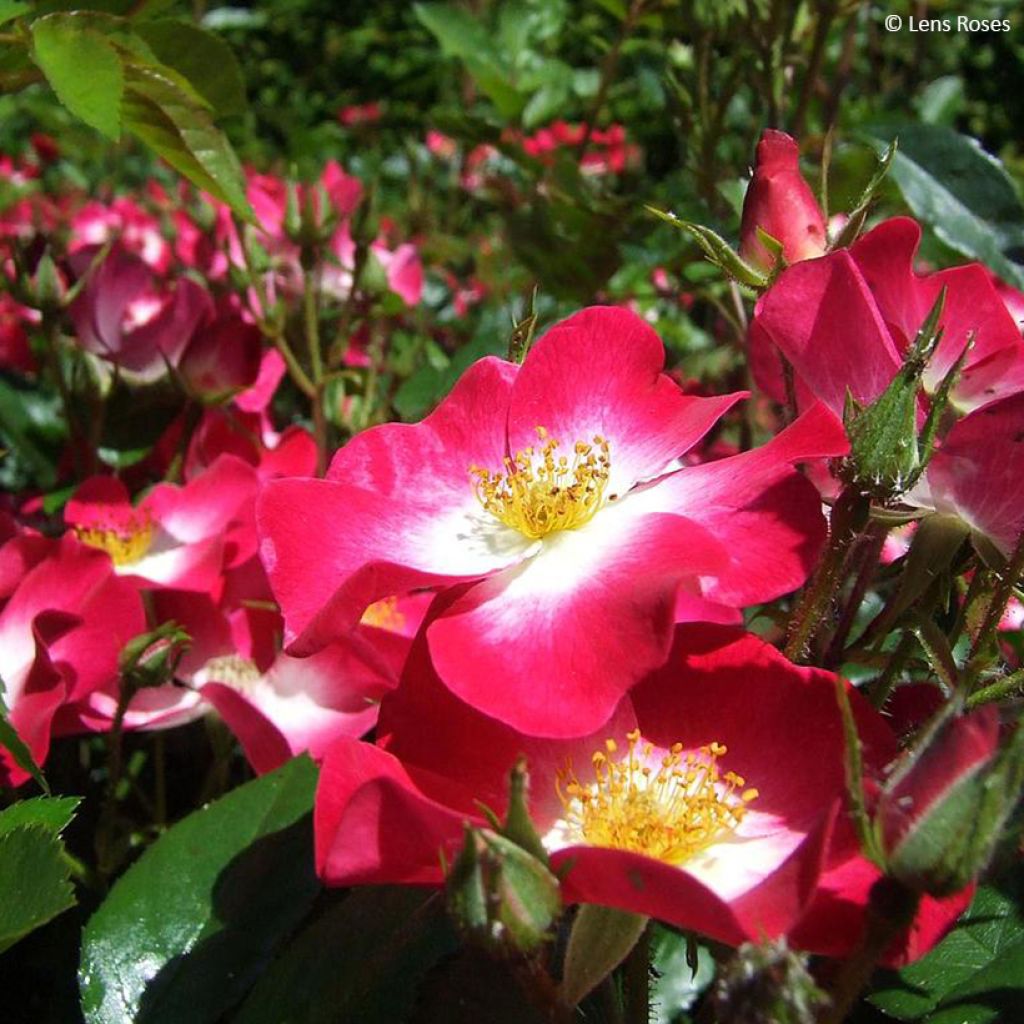

Rosa x floribunda 'Bukavu' - Shrub Rose
Rosa x floribunda 'Bukavu' - Shrub Rose
Rosa x floribunda Bukavu® Lenbrirus
Lenbrirus
Thank you to the staff (for order preparation and shipping), the rose bush I received looks healthy. Planted close to the "Mona Lisa" variety, I am now patiently waiting for it to take root... or not?
Thierry, 22/08/2024
Special offer!
Receive a €20 voucher for any order over €90 (excluding delivery costs, credit notes, and plastic-free options)!
1- Add your favorite plants to your cart.
2- Once you have reached €90, confirm your order (you can even choose the delivery date!).
3- As soon as your order is shipped, you will receive an email containing your voucher code, valid for 3 months (90 days).
Your voucher is unique and can only be used once, for any order with a minimum value of €20, excluding delivery costs.
Can be combined with other current offers, non-divisible and non-refundable.
Home or relay delivery (depending on size and destination)
Schedule delivery date,
and select date in basket
This plant carries a 6 months recovery warranty
More information
We guarantee the quality of our plants for a full growing cycle, and will replace at our expense any plant that fails to recover under normal climatic and planting conditions.
Description
The 'Bukavu' Rose Bush is a medium-sized variety with a repeat flowering habit and good resistance. Its flowers, gathered in clusters, bloom from June until the first frost. More suited for green spaces than bouquets, they charm with their simple, childlike style reminiscent of wild roses. Despite their medium size, they attract attention with their profusion and dark pink to crimson colour, adorned with a white heart. It is easy to cultivate and deserves a special place in the garden, whether in a landscaped bed or as part of a flowering hedge.
The 'Bukavu' or 'Lenbrirus' Rose Bush is a creation of the Belgian company Louis Lens, dating back to 1998, and awarded a gold medal at the Geneva competition the following year, and subsequently awarded in the Czech Republic in 2000 and the Netherlands in 2007. Its name comes from a Congolese city, and in 2006, it was sold as a "humanitarian rose" to finance projects by an association in that city. It descends from the Rush Rose Bush, another creation by Louis Lens dating back to 1986, also with wild rose-like flowers with a white heart but with a pink dress. As a major member of the Rosaceae family, the Rosa genus is rich in botanical species and many horticultural hybrids, classified into broad categories. Bush roses like Rush and Bukavu are considered landscape roses, as their flowers are not the most suitable for bouquets, but their overall appearance is perfectly suitable for gardens and green spaces.
Bukavu is a vigorous and robust rose bush, measuring from 1.20m (4ft) to 1.50m (5ft) in height with an approximate spread of 1m (3ft). It is covered in glossy, dark green cut foliage, ideal for creating a clean background to showcase the flowering. The flowering is abundant from June until October-November, sometimes even longer in mild climates. The medium-sized corollas have a diameter of 6cm (2in). Single, they comprise five petals that open wide, almost horizontally. The slightly scented roses are gathered in large corymbs, forming highly visible bouquets above the dark foliage. The petals, ranging from dark pink to crimson, are adorned at their base with a white macule that forms a contrasting heart embellished with yellow stamens. In autumn, it forms small decorative red fruits (hips) that attract birds.
Its overall appearance, part wild and part cultivated, allows this rose bush to be used in various garden situations: possibly as a standalone, integrated into a medium-sized hedge or within a diverse bed, combining perennials and other shrubs. In a bed, place low shrubs in the foreground, such as the Creamissima Shrubby Cinquefoil, whose pale yellow flowers, similar to your rose bush, will bloom during the same period. The Lilioasphodelus Daylily, a botanical species with small star-shaped lemon-yellow flowers, will also perfectly complement the slightly wild spirit of Bukavu. In the background, opt for tall shrubs with a graceful habit, such as the Smoky Amelanchier, which will provide a profusion of small white flowers two months before the roses, decorative and edible black fruits in summer, and stunning autumn colours.
Report an error about the product description
Rosa x floribunda 'Bukavu' - Shrub Rose in pictures
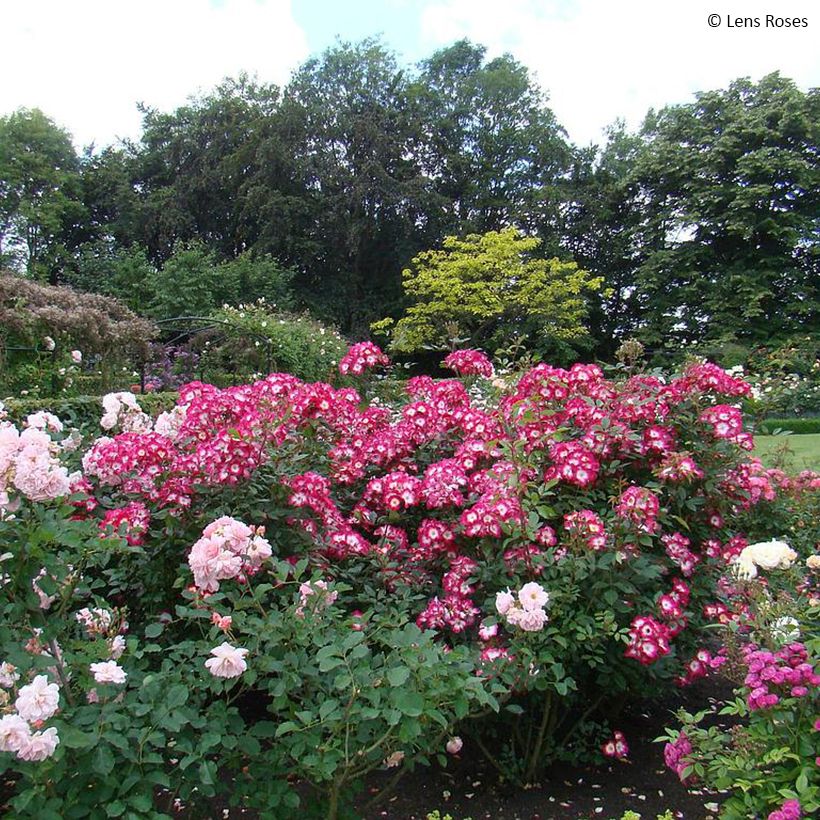

Plant habit
Flowering
Foliage
Botanical data
Rosa
x floribunda
Bukavu® Lenbrirus
Rosaceae
Lenbrirus
Cultivar or hybrid
Planting and care
To plant the 'Bukavu' or 'Lenbrirus; Rose, it's best to do so between November and March in soil that is ordinary, well-cultivated, well-fertilised, and well-drained. Soak the root ball in a bucket of water for fifteen minutes before planting. Then, put the rose in the planting hole, backfill the soil around it, and water it generously. During the first year, make sure to provide regular watering, gradually spacing it out afterwards to encourage the roots to grow into the soil.
It's ideal to plant this rose in a sunny location or, at most, in partial shade in hot climates. Roses are considered to be hungry plants, so it's recommended to use specific fertiliser at the beginning of the growing season and regularly throughout the flowering period. Organic fertilisers are preferred as they are richer in potassium than nitrogen.
Roses may develop unsightly spots at the end of summer, but this is a natural occurrence and doesn't harm the rose's growth.
Planting period
Intended location
Care
-
, onOrder confirmed
Reply from on Promesse de fleurs
Similar products
Haven't found what you were looking for?
Hardiness is the lowest winter temperature a plant can endure without suffering serious damage or even dying. However, hardiness is affected by location (a sheltered area, such as a patio), protection (winter cover) and soil type (hardiness is improved by well-drained soil).

Photo Sharing Terms & Conditions
In order to encourage gardeners to interact and share their experiences, Promesse de fleurs offers various media enabling content to be uploaded onto its Site - in particular via the ‘Photo sharing’ module.
The User agrees to refrain from:
- Posting any content that is illegal, prejudicial, insulting, racist, inciteful to hatred, revisionist, contrary to public decency, that infringes on privacy or on the privacy rights of third parties, in particular the publicity rights of persons and goods, intellectual property rights, or the right to privacy.
- Submitting content on behalf of a third party;
- Impersonate the identity of a third party and/or publish any personal information about a third party;
In general, the User undertakes to refrain from any unethical behaviour.
All Content (in particular text, comments, files, images, photos, videos, creative works, etc.), which may be subject to property or intellectual property rights, image or other private rights, shall remain the property of the User, subject to the limited rights granted by the terms of the licence granted by Promesse de fleurs as stated below. Users are at liberty to publish or not to publish such Content on the Site, notably via the ‘Photo Sharing’ facility, and accept that this Content shall be made public and freely accessible, notably on the Internet.
Users further acknowledge, undertake to have ,and guarantee that they hold all necessary rights and permissions to publish such material on the Site, in particular with regard to the legislation in force pertaining to any privacy, property, intellectual property, image, or contractual rights, or rights of any other nature. By publishing such Content on the Site, Users acknowledge accepting full liability as publishers of the Content within the meaning of the law, and grant Promesse de fleurs, free of charge, an inclusive, worldwide licence for the said Content for the entire duration of its publication, including all reproduction, representation, up/downloading, displaying, performing, transmission, and storage rights.
Users also grant permission for their name to be linked to the Content and accept that this link may not always be made available.
By engaging in posting material, Users consent to their Content becoming automatically accessible on the Internet, in particular on other sites and/or blogs and/or web pages of the Promesse de fleurs site, including in particular social pages and the Promesse de fleurs catalogue.
Users may secure the removal of entrusted content free of charge by issuing a simple request via our contact form.
The flowering period indicated on our website applies to countries and regions located in USDA zone 8 (France, the United Kingdom, Ireland, the Netherlands, etc.)
It will vary according to where you live:
- In zones 9 to 10 (Italy, Spain, Greece, etc.), flowering will occur about 2 to 4 weeks earlier.
- In zones 6 to 7 (Germany, Poland, Slovenia, and lower mountainous regions), flowering will be delayed by 2 to 3 weeks.
- In zone 5 (Central Europe, Scandinavia), blooming will be delayed by 3 to 5 weeks.
In temperate climates, pruning of spring-flowering shrubs (forsythia, spireas, etc.) should be done just after flowering.
Pruning of summer-flowering shrubs (Indian Lilac, Perovskia, etc.) can be done in winter or spring.
In cold regions as well as with frost-sensitive plants, avoid pruning too early when severe frosts may still occur.
The planting period indicated on our website applies to countries and regions located in USDA zone 8 (France, United Kingdom, Ireland, Netherlands).
It will vary according to where you live:
- In Mediterranean zones (Marseille, Madrid, Milan, etc.), autumn and winter are the best planting periods.
- In continental zones (Strasbourg, Munich, Vienna, etc.), delay planting by 2 to 3 weeks in spring and bring it forward by 2 to 4 weeks in autumn.
- In mountainous regions (the Alps, Pyrenees, Carpathians, etc.), it is best to plant in late spring (May-June) or late summer (August-September).
The harvesting period indicated on our website applies to countries and regions in USDA zone 8 (France, England, Ireland, the Netherlands).
In colder areas (Scandinavia, Poland, Austria...) fruit and vegetable harvests are likely to be delayed by 3-4 weeks.
In warmer areas (Italy, Spain, Greece, etc.), harvesting will probably take place earlier, depending on weather conditions.
The sowing periods indicated on our website apply to countries and regions within USDA Zone 8 (France, UK, Ireland, Netherlands).
In colder areas (Scandinavia, Poland, Austria...), delay any outdoor sowing by 3-4 weeks, or sow under glass.
In warmer climes (Italy, Spain, Greece, etc.), bring outdoor sowing forward by a few weeks.

































